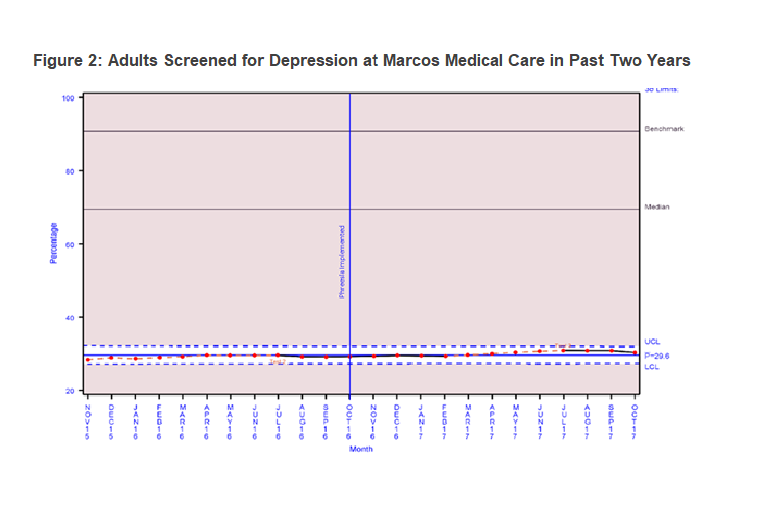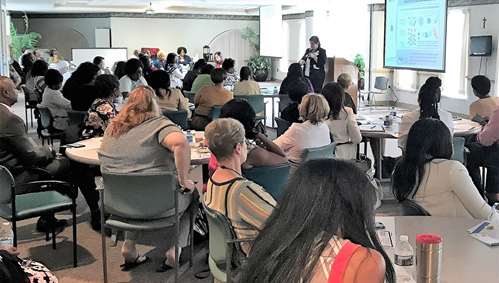McLean, VA: At the recent annual membership meeting, the members of the American Health Quality Association (AHQA) elected the Officers and Directors for the 2018 – 2019 term. Dr. Russell Kohl, chief medical officer at TMF Health Quality Institute, was elected President. TMF is the Medicare Quality Innovation Network-Quality Innovation Organization (QIN-QIO) responsible for health care quality improvement in Arkansas, Missouri, Oklahoma, Texas and Puerto Rico. The QIN-QIO program operates in five year contracts from the Centers for Medicare & Medicaid Services (CMS) and AHQA is the leading trade association for the QIN-QIO program.
As chief medical officer at TMF, Dr. Kohl leads its Innovation and Analytics Team, and serves as a subject matter expert on two of TMF’s federally contracted tasks to assist physicians with the Medicare Quality Payment Program and the Comprehensive Primary Care Plus Initiative.
He is a graduate of the University of Oklahoma College of Medicine, where he also completed his residency and remains on the adjunct faculty with their Rural Residency Training Program. He is a family physician who strives to identify what is truly important to and for patients, identifying how to measure those things and improve them in collaboration with health professionals from solo primary care offices to academic health care systems.
In addition, Dr. Kohl is a lieutenant colonel and senior flight surgeon in the Missouri Air National Guard, having served in both Iraq and Afghanistan.
“I’m excited to step into this role. One of my top priorities as President of AHQA is to help the QIN-QIO Program receive the recognition for its unique role in improving the quality of care for Medicare beneficiaries and advocating for our members to both Congress and the administration,” said Dr. Kohl.
Also elected at the meeting were Dr. Sven Berg (CEO of Quality Insights) as President-elect and John Keimig (CEO of Healthcentric Advisors) as Treasurer. Marie Dunn (Vice President, Quality & Safety Initiatives at Quails Health) was newly elected to the Board of Directors.
Since 1984 the American Health Quality Association (AHQA) has represented Quality Improvement Organizations (QIOs) and other professionals working to improve health care quality and patient safety. AHQA is an educational, not-for-profit national membership association dedicated to promoting and facilitating fundamental change that improves the quality of health care in America.







